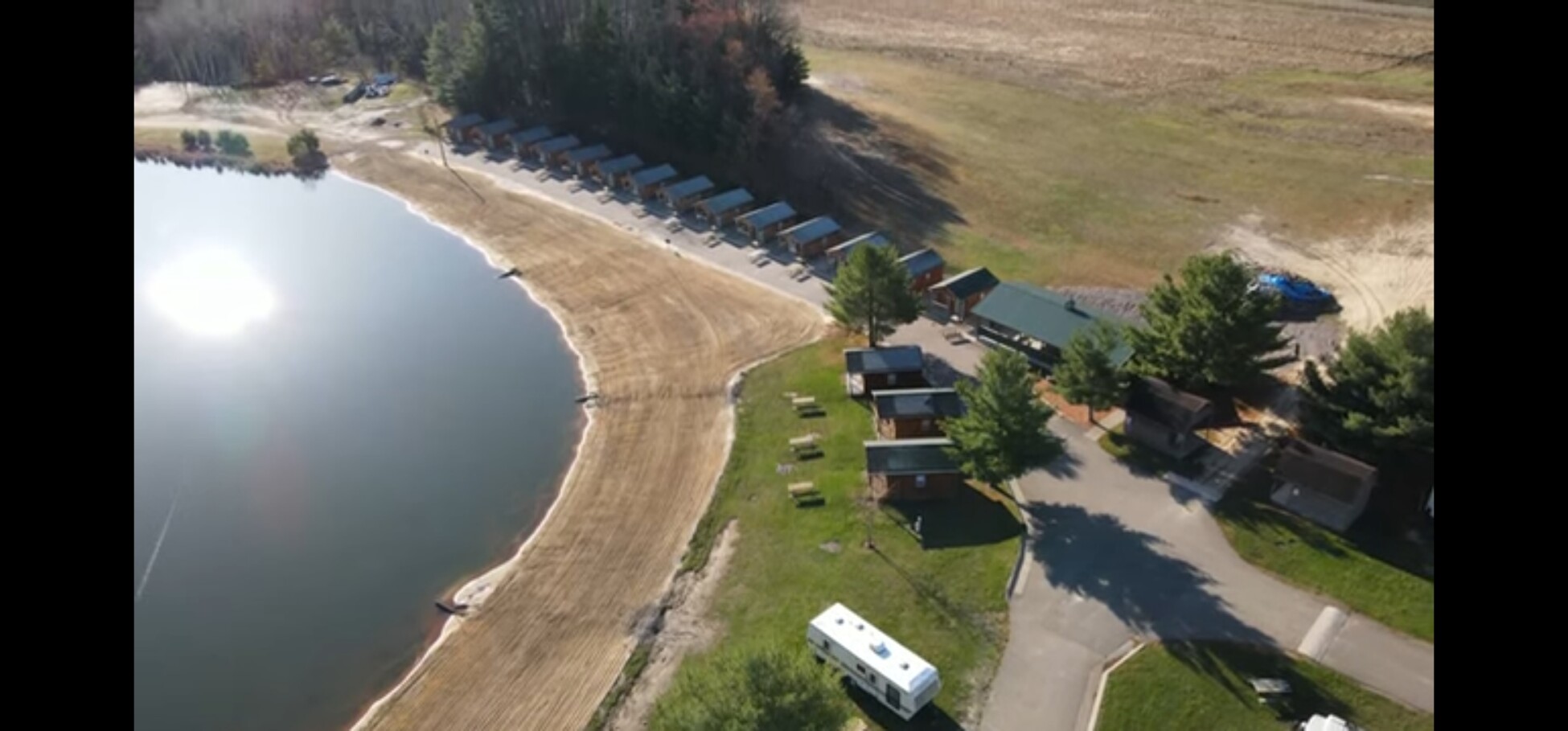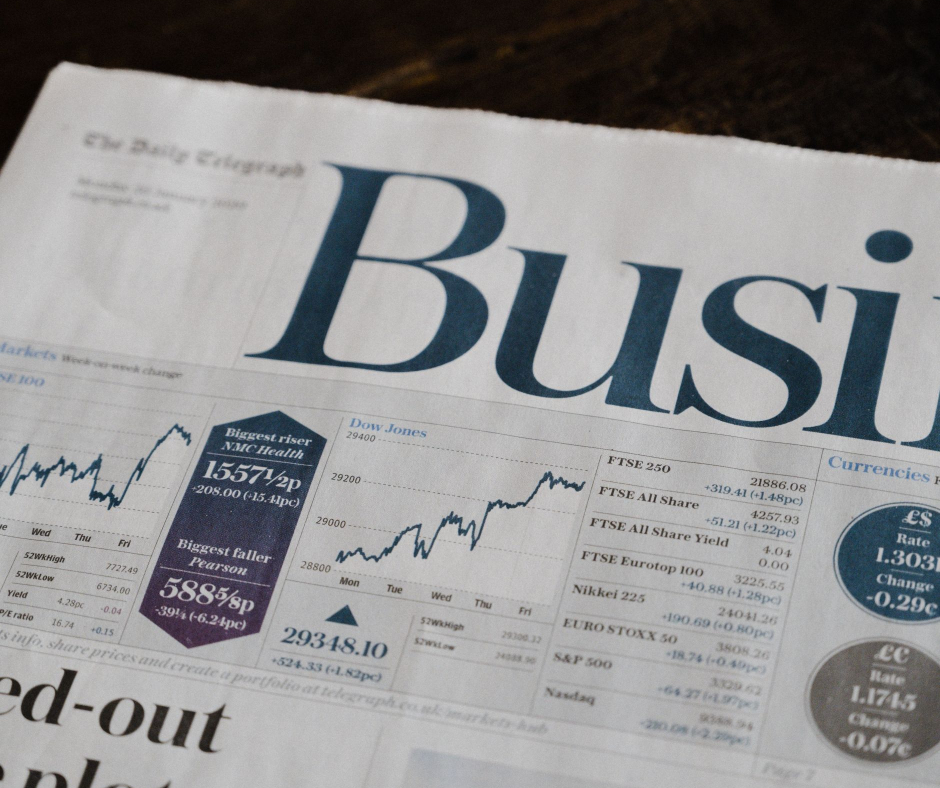
Dawn
Dually LicensedForum Replies Created
-
Establishing business credit can be done in stages, and you are already doing it correctly. In terms of your questions raised, let us take them in the order you have asked them:
Do You Need To Get Net 30 Accounts, or Do You Move On?
Net 30 accounts are usually recommended for new businesses as they are easy to qualify for and assist in building some initial credit history. However, because your company has already been established for four years with three charge accounts that are on the verge of reporting (with a possibility of adding two more), there isn’t much that you would need to put yourself heavily on Net 30 accounts if the charge accounts that you already have are up to the task.
Recommendation: You should not have gone back to adding Net 30 accounts if your charge accounts will be ventilated to business credit bureaus such as Dun & Bradstreet (D & B), Experian, or Equifax Business. The case for net 30 accounts is sound. However, at this stage, they may not be needed even though, at some point, they will be.
How Many Tradelines Should Show On Credit Report?
To commence the observation of the business credit scores and the Paydex scores:
Generally, Dun & Bradstreet needs at least three tradelines to report for a payday score to be issued.
No, for Experian and Equifax to issue a score, less than an average of two accounts must be reported, but a higher number of accounts will ensure a fuller credit profile.
Recommendation: Make sure you have at least 3 to 5 tradelines reporting every month. Having already three charge accounts and likely the ability to obtain two more, you are progressing well towards getting adequate grabbing credit for reporting agencies to commence scoring your business.
How Long Does It Take To Get Business Credit Scores Once Setup?
With most accounts reporting, if this is the case, Dun & Bradstreet, Experian, and Equifax score report for about 30 days to 90 days from when all the necessary accounts are opened. The timing of this may be influenced by How quickly your creditors report your activity. The repayment behavior that you have created in the past.
As for Paydex (the scoring provided by Dun & Bradstreet):
The Paydex score comes only after at least three payment experiences (tradelines) on record over a specified period. D&B has mostly sought payment behaviors over the past few months. Paying out all your invoices before or on the due date will go a long way in helping you get a strong score.
Scores are also likely to be updated by Experian and Equifax more regularly and may begin reporting scores once they have just one tradeline reporting after 30 days.
Next Steps: Continue Building with Existing Tradelines:
Of charge accounts reported to the major business credit bureaus, business owners targeted by their Net 30 accounts do not necessarily look for additional accounts unless they wish to extend their supplier bases.
Monitor Reporting:
Ensure washout lines fill out Dun & Bradstreet, Experian, and Equifax and report them accordingly. Some companies only report to one or two bureaus. So, ask your creditors where they report.
Add More Accounts if Needed: If the existing accounts are found not reporting to certain bureaus or if a diversity of credit reporting profiles is required, more Net 30 accounts or other credit lines could be added as they are still part of the business credit mix.
Investigate Your Business Credit Reports:
After 30 days, verify the business credit reports with your loan and tradelines to check for reporting accuracy and credit score verification.
You’re already halfway there with three charge accounts, and it would be a good idea to have about two more to fortify your credit profile. At least 3 to 5 new tradelines are sought after this period. Most clients will notice an increase in their Paydex and business credit scores within 30 to 90 days. If the Net 30 accounts are needed based on the current requirements, then it is not compulsory if your charge accounts already suffice.
https://lendingnetwork.org/business-credit/
lendingnetwork.org
It is very important for self-employed and commission wage earners to create an LLC to start building business credit under the name of your LLC.
-
Good evening Gustan. To be honest, I have been on this loan qualification journey for quite some months and have a lender who has documented my loan for a conventional loan with a DTI at 50%. I know all my qualification number by heart, been working on it for many many months. However, lenders don’t want to qualify loans based on Prop. 19 tax basis and that is true of my lender as well. They tell their clients that the adjustment to the property tax will be made after the loan closes, however, for qualification they take 1.25% for property taxes, which makes my monthly payment higher than what it actually will be. This lender who has been working with me is a local lender here in my town which is my preference. I would only use a lender out of State if they would qualify me based on Prop. 19 property taxes, therefore, I ask this question. Otherwise, I do not wish to start my loan qualification process again, because the end result is the same. I have a simple financial situation, having retired already, with a clean thin file credit, but home prices are high in my area, higher than what I have been qualified for. Unfortunately, I don’t think it will work. I was hoping to hear from you that you had already done many loans with Prop. 19. That would make me feel more confident. You see, I am retired, have a great townhome with a low interest mortgage of 2.875%, however, I want to sell because I find dealing with HOA a big nightmare. I just hate HOA. The way the housing market is here in California, it is extremely risky to sell your home, unless there is a 500% surety that I will get a great perfect loan. I wouldn’t feel good doing a loan if a lender I unsure of the prop. 19 situation. I already have a great lender locally, however, they wouldn’t qualify based on prop. 19 property tax. Property tax is very high in my area, and is the reason why loans are not working out for most people. I am sorry, therefore, I don’t feel I should pursue this any further. I appreciate your response. Thanks, have a great weekend.
-
This reply was modified 8 months, 2 weeks ago by
 Dawn.
Dawn.
-
This reply was modified 8 months, 2 weeks ago by
-
What is a Profit and Loss Statement?
A profit and loss statement (P&L), also known as an income statement, is a financial report that shows a company’s revenues, costs, and expenses over a specific period, usually one fiscal quarter or year.
Income Statement vs Profit & Loss Statement:
Both are used interchangeably since they reflect how well the business has performed financially.
Only P&L Statement Mortgage Loans:
These loans cater to self-employed individuals who don’t have traditional documents to prove their income. Instead of tax returns, lenders base their incomes on P&L statements, which should ideally show stable earnings over time and are typically prepared by CPAs.
-
Dawn
MemberAugust 18, 2024 at 4:39 pm in reply to: WHAT IS THE MAXIMUM HOUSEHOLD INCOME TO BE ELIGIBLE FOR USDA LOANSEligibility for a USDA Loan:
Unlike other mortgage loan programs, USDA loans have a maximum household income limit as part of the USDA Rural Development Eligibility Requirements. The maximum household income limit is based on the number of people.
Variations in maximum household earnings: Usually, this is between $91,900 and $136,600 for a family of four. However, it can be higher in areas with high costs. To find out the exact figure for where you live, use USDA’s income eligibility checker.
Maximum Debt-to-Income (DTI) Ratio:
- Ordinarily, this ratio should be 29% (front-end) and 41% (back-end).
- However, if there are considerable compensating factors, exceptions may be allowed.
It is advisable to confirm these details with any particular USDA lender.
-
Dawn
MemberAugust 18, 2024 at 4:34 pm in reply to: WHAT IS THE MINIMUM CREDIT SCORE REQUIREMENT TO QUALIFY FOR FHA LOANSHUD, the parent of FHA, is the federal government giant that administers FHA loans. HUD has lenient guidelines on FHA loans. The minimum credit scores for FHA loans are as follows:
580 or higher: You can qualify for a 3.5% down payment according to the standard.
500 to 579: A 10% down payment is required.
However, additional lender-imposed minimum requirements may be known as “lender overlays.” Many people with low credit ratings prefer FHA loans because they have more relaxed qualification standards. Even though HUD sets the minimum FHA credit score requirements, each mortgage lender can have their lender overlays. Lender overlays have higher lending requirements than the minimum HUD agency mortgage guidelines. Therefore, if one lender denies you an FHA loan because of a low credit score due to their lender overlays, a different lender can approve you. Gustan Cho Associates has no lender overlays on FHA, VA, USDA, and Conventional loans.
-
Non-QM loans maximum debt-to-income ratio cap is at 50%. Lenders of non-QM loans use alternative income to calculate debt-to-income ratio. Unlike traditional loans, non-QM (non-qualified mortgage) lenders calculate the debt-to-income ratio with flexible guidelines. Different methods can be used to do this, which include:
Bank statement loans: here, the DTI is calculated using income shown in 12-24 months of bank statements instead of tax returns or W-2 forms.
Asset-based loans: DTI may be based on liquid assets rather than monthly income.
DSCR: DSCR (debt service coverage ratio) loans are used for investment properties, and they consider rental income instead of personal income. Lenders usually have varying DTI limits depending on a person’s overall financial profile.
-
On average, receiving a “Clear to Close” takes thirty to forty-five days after applying for a mortgage. Still, several factors can expedite or delay this. Below is a general outline of what should happen:
Application: It usually takes one to three days to complete the initial paperwork and collect necessary documents.
Processing: This phase involves document verification and home appraisal, which may take one to two weeks.
Underwriting: Conditional approval is typically granted within one or two weeks.
Clear To Close (CTC): The final review happens here, so expect it within a few days of submitting the last document. How fast you avail records and underwriting smoothness determine efficiency.
-
To restore and increase your credit rating for mortgage acceptance, you must do the following:
Open Positive Credit Accounts: Secured cards, builder loans, or being an authorized user on another person’s account can help.
Pay Off Debt: Decrease credit card balances to improve your credit utilization ratio.
Always Pay on Time: Make sure all bills are paid by their due dates to establish a positive payment history.
Argue Inaccuracies: Check your credit report for errors and dispute any incorrect information.
No New Credit:
- Avoid opening new lines of credit before applying for a mortgage.
- Consistency is necessary to raise your credit score over time steadily.
-
Fannie Mae and Freddie Mac Automated The Systems of Underwriting (AUS).
These automated underwriting systems assess mortgage loan applications. They are called Fannie Mae’s desktop underwriter (DU) and Freddie Mac’s loan product advisor (LPA).
AUS Findings:
Approve/Eligible: This phrase indicates that the borrower meets all program requirements and that no further documents are necessary.
Refer/Eligible: A borrower qualifies under certain conditions, but higher risks may require manual underwriting.
Refer with Caution: It means that there is significant risk or non-eligibility, and it is rare for such a loan to be approved.
Significance of AUS Findings:
They help lenders determine how much documentation is required before approving loans at different levels of risk while still ensuring compliance with agency guidelines for borrowers.

